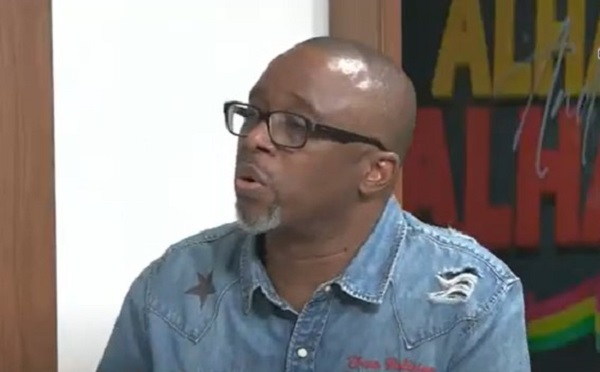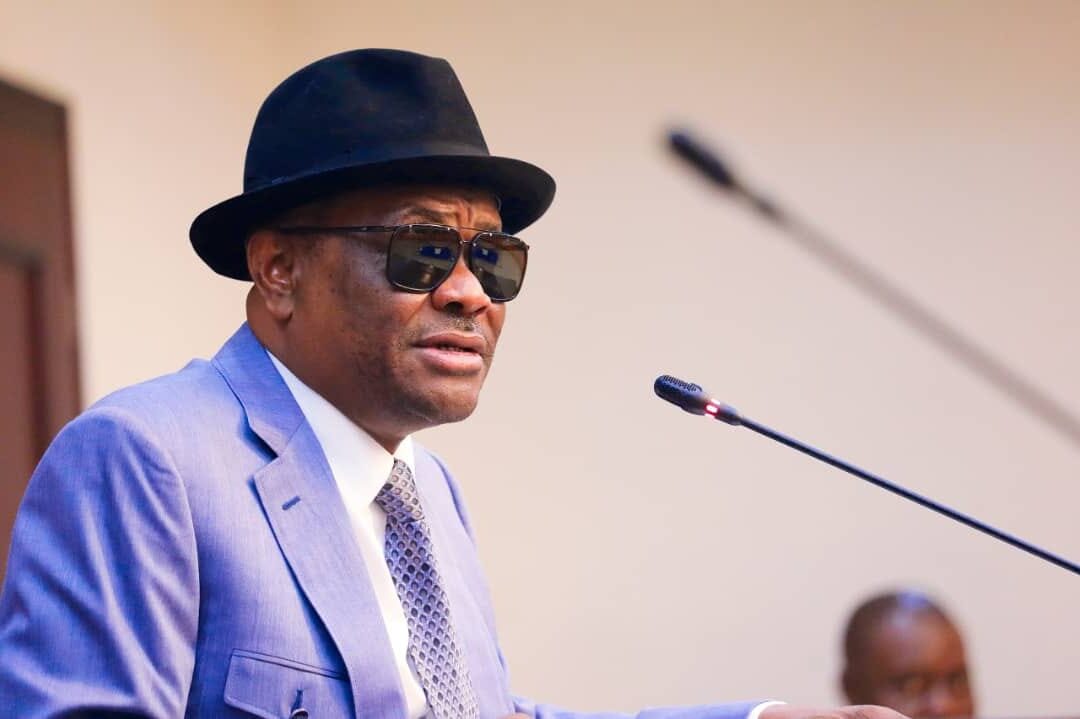FG to Boost Power Supply in Northern Nigeria Soon

Minister of Power, Adebayo Adelabu
The Federal Government has declared its intention to boost electricity supply in the northern part of the country.
The power minister, Adebayo Adelabu, disclosed this while speaking at a two-day retreat recently organised by the Senate Committee on Power.
Adelabu revealed plans to boost power supply in the northern part of the country with the Makurdi hydropower project, the Kaduna thermal plant, and the Katsina wind farm.
“We are looking at developing the Makurdi hydropower project, which is about 1,000 megawatts. We also want to revitalise the Kaduna thermal plant that has been abandoned for the past five years. It is a 215-megawatt capacity plant presently at about 87 per cent completion. Efforts are presently ongoing to restore this power plant,” he disclosed.
Adelabu said the state government has expressed interest in taking over the Katsina wind farm, with an installed capacity of 10 MW.
“The state government has expressed the desire to take this up with some private investors, and we have commissioned a feasibility study to concession the farm, which had been abandoned for a while,” he said.
Meanwhile, no fewer than 200,000 prepaid meters will be delivered to the Federal Government for onwards distribution to electricity consumers.
Adelabu said this was part of the Federal Government’s initiative to bridge the metering gap, which he described as a key driver of revenue losses and consumer distrust, underscoring systemic neglect.
He restated that the government has launched an N700bn presidential metering initiative and a World Bank-backed programme aimed at installing 4.3 million meters by the end of the year.
He stressed that closing the seven million metering gap is essential to aid cost recovery and reduce revenue losses.
According to the minister, 75,000 metres were deployed in April 2024, while an additional 200,000 are to be delivered this month.
“Seventy-five thousand units were deployed in April 2024, while an additional 200,000 units are expected in May. Closing this gap is fundamental to fair billing and financial sustainability, but we are not there yet due to underinvestment and operational inefficiencies,” he added.
The minister highlighted plans to attract private investment into grid infrastructure and regionalise transmission networks to reduce failure risks, noting that higher remittance by the two Discos in Lagos reflects better infrastructure than what is available in the northern networks.









